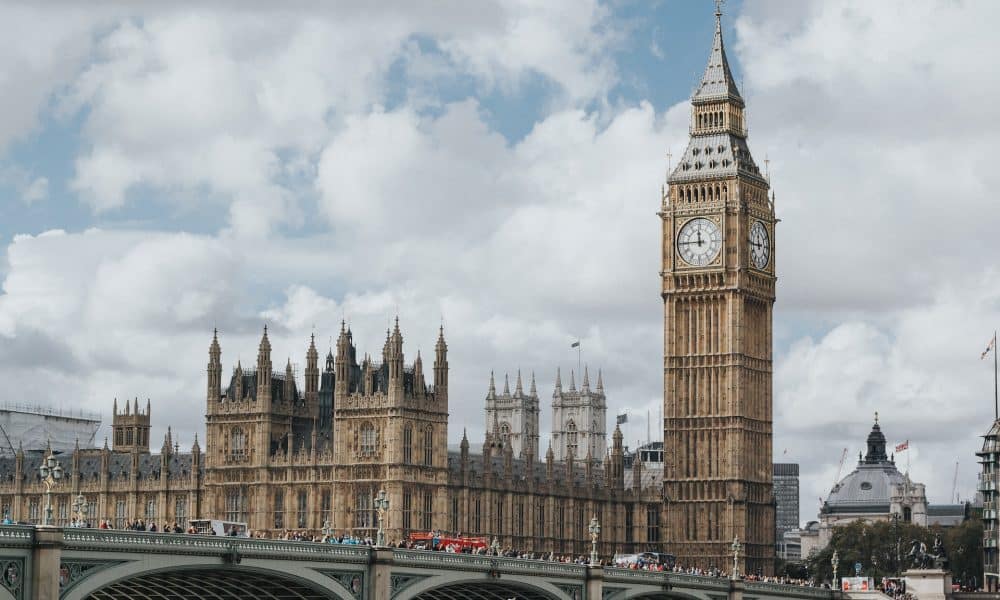“We want to become the country of choice for those looking to create, innovate and build in the crypto space,” said UK Economic Secretary to Treasury Richard Fuller.
This statement was made as part of the parliamentary debate on crypto assets regulation in the country. He added that with the new PM, the United Kingdom would become the “dominant global hub for crypto technologies.” Liz Truss has assumed the office of the Prime Minister of the UK only this week.
The crypto regulation debate began as Martin Docherty-Hughes, MP, West Dunbartonshire raised this issue in Parliament. In his speech, Fuller underlined the need for a robust set of regulations that would enable the sound functioning of cryptos.
A queue of crypto bills
An important step in this direction is the Financial Services and Markets Bill. It aims to harness the benefits of stablecoins. Furthermore, it aims to offer better services due to a competitive payment systems market. At the same time, it will safeguard the consumers if a stablecoin provider becomes insolvent.
Another bill in this direction will be the Economic Crime (Transparency and Enforcement) Bill. This will give law enforcement new powers to seize and recover crypto assets from criminals. Fuller also added that crypto firms must conduct due diligence checks, similar to how banks do.
In the UK, all the crypto firms in the country need to register with the Financial Conduct Authority (FCA). This rules stands as per the UK’s anti-money laundering and counter-terrorist financing regime.
Only a few days back, the Office of Financial Sanctions Implementation (OFSI) had ruled that crypto firms are now required to report any individual to the OFSI who is suspected to be sanctioned or having committed an offense under financial sanctions regulations.
Such developments are in line with the trend of increasing regulatory oversight into the digital asset sector globally. Given the circumstances, we will see the introduction of more rules and regulations. Additional obligations to monitor the crypto industry may also come up similar to the traditional financial system.
UK to achieve Global Competitive Advantage in the Crypto Space
Fuller also expanded on the usage of distributed ledger technology (DLT) for government programs. He said that the technology has the potential to change how our financial markets work. The government is looking at developing opportunities in the UK to use DLT for customs, international trade and sovereign debt instruments.
Fuller said that the UK is the leading European fintech hub, second only to the US globally. The government is looking to achieve global competitive advantage for the UK in the crypto space. This way, the UK crypto industry can attract investment, generate jobs, benefit from tax revenues, and build ground-breaking products and services.


